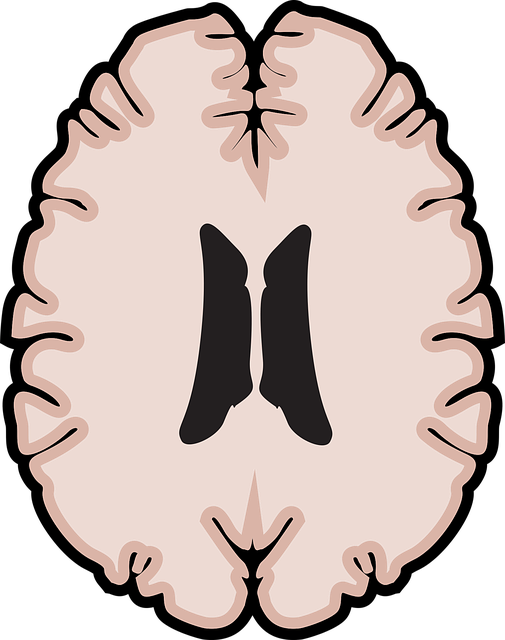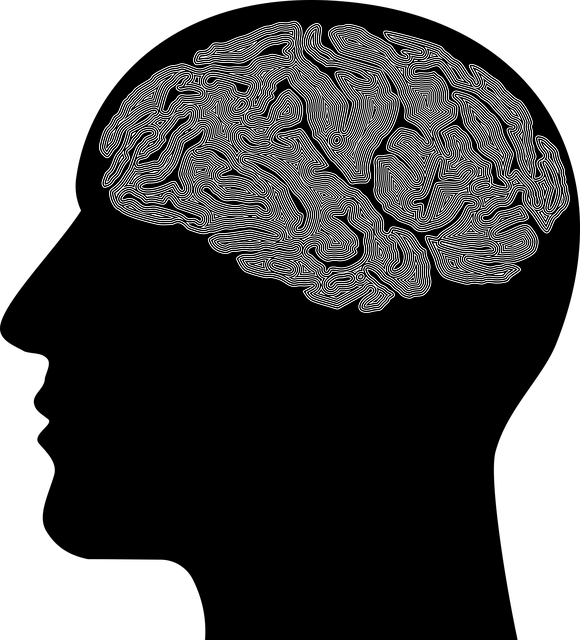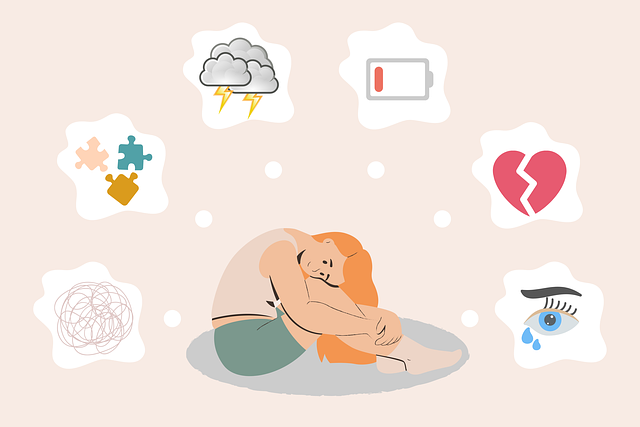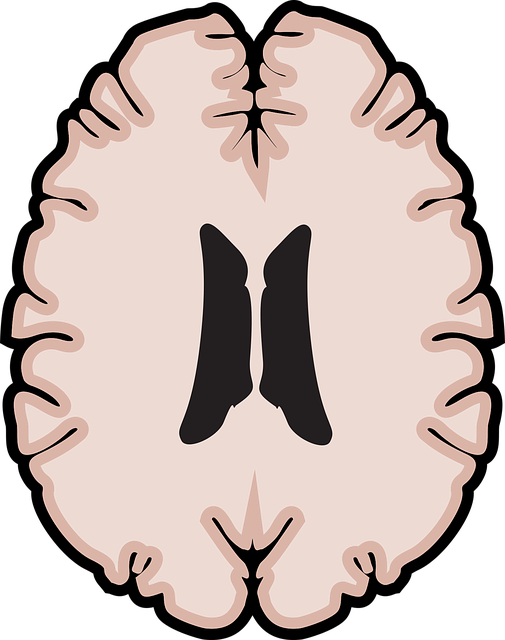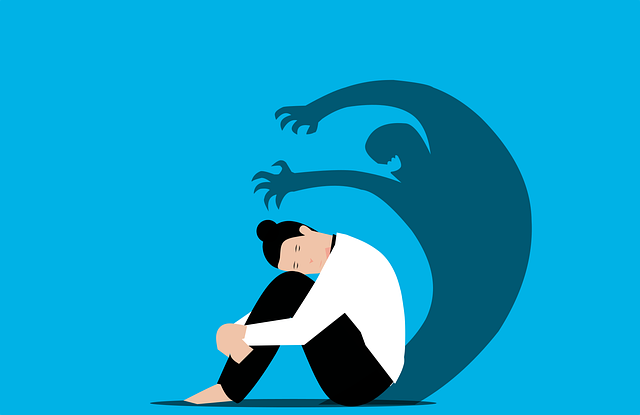In today's stressful world, Castle Rock Psychosis Therapy offers crisis intervention and trauma support services to combat rising mental health issues exacerbated by technology's constant connectivity. They provide a holistic stress management program focusing on emotional intelligence through mindfulness, cognitive reframing, and tailored trauma support. Their workshops, designed with clear learning objectives, evidence-based techniques, and interactive activities, empower individuals to manage stress effectively. Creating safe spaces with open dialogue and active listening, facilitators foster trust and community. Success is measured through pre/post assessments and participant feedback, ensuring culturally sensitive, effective programs that improve mental well-being.
Stress management workshops are gaining traction as powerful tools for personal growth. In today’s fast-paced world, understanding and addressing stress effectively is crucial. This article explores comprehensive strategies for organizing such workshops, focusing on techniques inspired by Castle Rock Psychosis Therapy. From unraveling the roots of modern stress challenges to creating safe spaces for open dialogue, we delve into practical content design, facilitative environments, and measuring success, offering insights for impactful workshop experiences.
- Understanding Stress: Unveiling the Roots of Modern-Day Challenges
- Castle Rock Psychosis Therapy: A Holistic Approach to Stress Management
- Designing Effective Workshop Content: Practical Strategies and Techniques
- Creating a Safe and Supportive Environment: Facilitating Open Dialogue
- Measuring Success: Evaluating the Impact and Sustainability of Workshops
Understanding Stress: Unveiling the Roots of Modern-Day Challenges

Stress has become an all-too-familiar companion in modern life, with many individuals grappling with its far-reaching impacts on both mental and physical health. Understanding stress is the first step toward managing it effectively. In today’s fast-paced world, various factors contribute to elevated stress levels, affecting people from all walks of life. From demanding careers and packed schedules to personal challenges and global uncertainties, the sources of stress are as diverse as the individuals experiencing them.
The constant connectivity facilitated by technology, while offering numerous benefits, can also exacerbate stress through constant stimulation and a blurring of work-life boundaries. This is especially pertinent in an era where mental health awareness has gained significant traction, prompting a deeper exploration into the causes and consequences of stress. Organizations like Castle Rock Psychosis Therapy play a crucial role in providing crisis intervention guidance and trauma support services, empowering individuals to navigate these challenges and cultivate resilience.
Castle Rock Psychosis Therapy: A Holistic Approach to Stress Management

Castle Rock Psychosis Therapy offers a unique and holistic approach to stress management, addressing the interconnectedness of mental, emotional, and physical health. Their workshops focus on empowering individuals with effective tools and techniques to navigate life’s challenges and promote emotional well-being. This comprehensive strategy includes mindfulness practices, cognitive reframing, and trauma support services tailored to each participant’s needs.
By fostering emotional intelligence, these sessions help individuals recognize and manage their emotional responses, leading to better stress resilience. The approach goes beyond surface-level coping mechanisms, delving into the root causes of stress and providing lasting solutions. Participants learn to cultivate a sense of inner calm and strengthen their ability to face life’s stressors head-on.
Designing Effective Workshop Content: Practical Strategies and Techniques

Designing effective workshop content is key to successful stress management programs like those offered by Castle Rock Psychosis Therapy. Incorporate a mix of interactive exercises, expert-led discussions, and practical takeaways. Start with establishing clear learning objectives aligned with participants’ needs. For instance, workshops could focus on identifying stress triggers, mastering relaxation techniques, or cultivating mindfulness practices. Each session should offer actionable strategies, such as breathing exercises, cognitive reframing, or time management tips, encouraging immediate application in daily life.
Leveraging evidence-based techniques and integrating real-world examples can enhance engagement and effectiveness. Incorporate case studies, role-playing scenarios, and small group discussions to facilitate active participation. Enhance understanding through visual aids, handouts, and interactive tools. Remember, a well-structured workshop that balances information delivery with hands-on activities empowers individuals with the knowledge and skills to manage stress effectively, ultimately contributing to improved mental health outcomes, as supported by research in Mental Health Policy Analysis and Advocacy. Public Awareness Campaigns Development can further reinforce these positive thinking strategies on a broader scale.
Creating a Safe and Supportive Environment: Facilitating Open Dialogue

Creating a safe and supportive environment is paramount to successful stress management workshops. At Castle Rock Psychosis Therapy, we understand that open dialogue fosters trust and encourages participants to share their experiences and challenges freely. This creates an atmosphere where individuals feel empowered to discuss their mental health struggles without fear of judgment or stigma.
Facilitators play a crucial role in ensuring this environment is nurturing. By employing active listening skills and promoting empathy, they create a space that welcomes vulnerability. We also emphasize the importance of confidentiality to encourage honest participation. Our workshops integrate these principles alongside evidence-based stress management techniques, such as mindfulness exercises and cognitive behavioral therapy, drawing from our expertise in risk assessment for mental health professionals and trauma support services. This holistic approach aims to equip individuals with tools to navigate stressful situations effectively while feeling supported within a caring community.
Measuring Success: Evaluating the Impact and Sustainability of Workshops

Measuring success is a vital aspect of evaluating the effectiveness and long-term impact of stress management workshops. It involves assessing not only immediate improvements but also the sustainability of learned skills in participants’ daily lives. One way to gauge success is through pre-and post-workshop assessments, tracking changes in stress levels, mood, and overall well-being. These quantitative measures can highlight the tangible benefits of the program.
Additionally, qualitative feedback from participants through surveys or interviews offers insights into their experiences and the practical application of self-care practices taught during the workshops. Recognizing cultural sensitivity in mental healthcare practice is crucial; ensuring that workshop content resonates with diverse backgrounds fosters inclusivity and adaptability. By combining quantitative data and qualitative feedback, Castle Rock Psychosis Therapy can enhance its stress management programs, ensuring they remain effective and relevant for a wide range of individuals seeking self-care practices to navigate life’s challenges.
Stress management workshops, enriched by holistic approaches like Castle Rock Psychosis Therapy, offer a transformative avenue for navigating modern-day challenges. By combining practical strategies, safe environments fostering open dialogue, and measurable impacts, these sessions empower individuals to effectively manage stress. Implementing these workshops can lead to enhanced well-being and resilience, ultimately enriching lives in meaningful ways.

